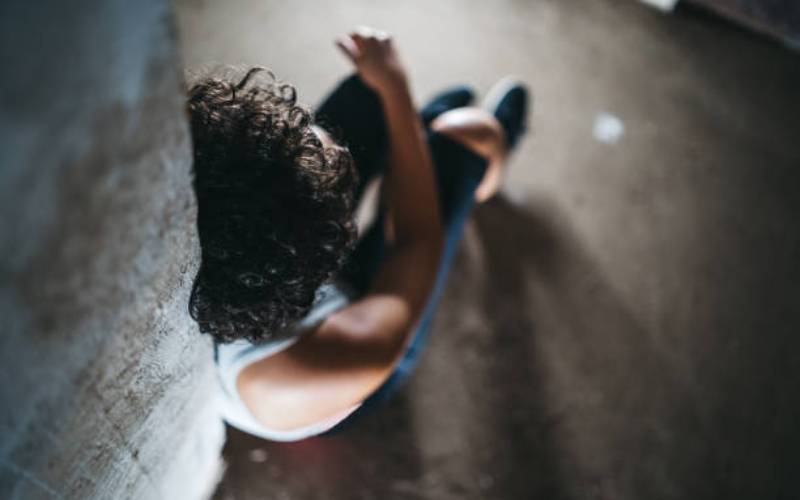×
The Standard e-Paper
Kenya’s Boldest Voice

It's been said that cases of gender-based violence spiked during the lockdown—but we just don't know the full extent.
Within the first months of Kenya going into lockdown early last year, media was awash with cases of gender-based violence stories across the country. Reports indicated that cases of sexual violence had escalated following the measures introduced to prevent Covid-19 spread.